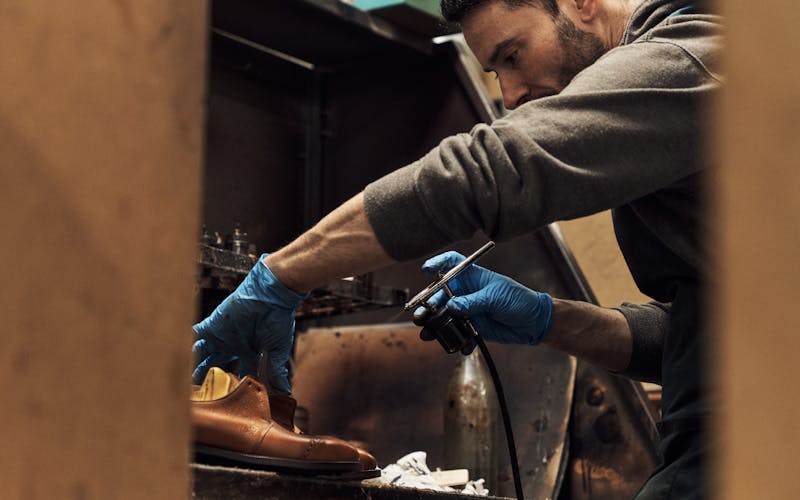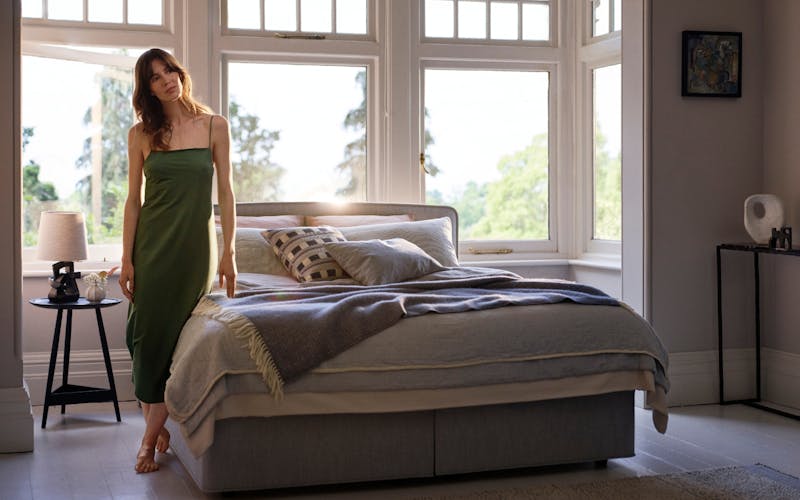

for Walpole members and
non-members available now
at The Londoner



Walpole today welcomed the government announcement that exemptions to the 14-day quarantine rules in England will be made to 60 countries including a selection from the APAC region from 10th July, but urged Chancellor Rishi Sunak to do more to encourage overseas visitors to UK cities and shops safely by exempting additional low-risk countries.
Helen Brocklebank, CEO of Walpole, said: “The British luxury sector can play a crucial part in rebuilding our economy and reinforcing Britain’s reputation as a creative and cultural leader across the globe. But government support for the sector is needed by working harder to encourage international shoppers back to our shores safely.”
Prior to the Covid-19 lockdown, the luxury sector was growing at 9.6% annually, outpacing UK annual growth of 4%. The UK’s high-end creative and cultural industries – of which the luxury sector is part - performed strongly with the overall contribution rising 49%, from £32.2bn to £48bn between 2013 to 2017[1].
Lockdown in the UK caused on average a 60% decline in luxury sector revenue over the first 6 months of the year. Walpole posits that the sector will return to growth more rapidly if international tourism is encouraged. Furthermore, relaxation of the regime will bolster the tourist industry and the many inter-related sectors which contribute to the British creative economy.
Brocklebank added: “The international appeal of British luxury brands, hotels, restaurants and cultural experiences are highly influential in attracting visitors to the UK and contributing to our soft power. The economic contribution of overseas visitors goes way beyond the luxury sector itself and feeds a hugely important cultural and civic eco-system in the UK. If we don’t act quickly to make the country safe, desirable and accessible for international travellers, there will be a considerable impact on the speed of Britain’s recovery.
British luxury sector’s appeal will dwindle if overseas customers are not given the opportunity to visit the UK for the full brand experience which is particularly important for customers from international markets. Shoppers must be encouraged to visit the UK.”
Prior to the current crisis, British luxury has been a global success story with London recognised as being the world’s leading luxury goods capital and the benefit of that global shop window spreading out across the country by nature of the tourism flows but also the regional manufacturing and employment supported by brands including Burberry (S.Yorks), Bentley (Crewe) Gleneagles, (Perthshire) and Mulberry (Somerset) . The British luxury market bolsters the UK economy, supports regional growth and employment and significantly bolsters the British brand.
[1] High-end cultural & Creative Industries: Economic contributions to the UK and policy recommendations, Walpole, June 2019
About Walpole: Walpole represents more than 270 member companies from the high-end creative and cultural industries with members spanning brands including Alexander McQueen, Burberry, Claridge’s, Glenmorangie, Harrods, NET-A-PORTER, Rolls-Royce Motor Cars, Wedgwood and numerous small and medium-sized enterprises (SMEs), which currently make up 60% of the sector, such as, Chapel Down, Ettinger, Floris, Savoir Beds and Temperley London.
Notes to editors: The rise in shopping tourism has previously been well documented by Walpole - the value of sales of high-end goods to non-UK resident customers was around £4.5 billion in 2017, with tourist spend accounting for between 25% to 80% of revenues for some British luxury businesses. Tax Free Shopping data released by Global Blue shows the world’s wealthiest shoppers account for 17% of global tax free spend. These international elite shoppers come from the following territories and show a preference for shopping in Europe:
Greater China (40%)
Southeast Asia (15%)
Gulf Countries (14%)
USA (6%)
Russia (6%)
Please contact Tania Pearson for further information and interview requests.





